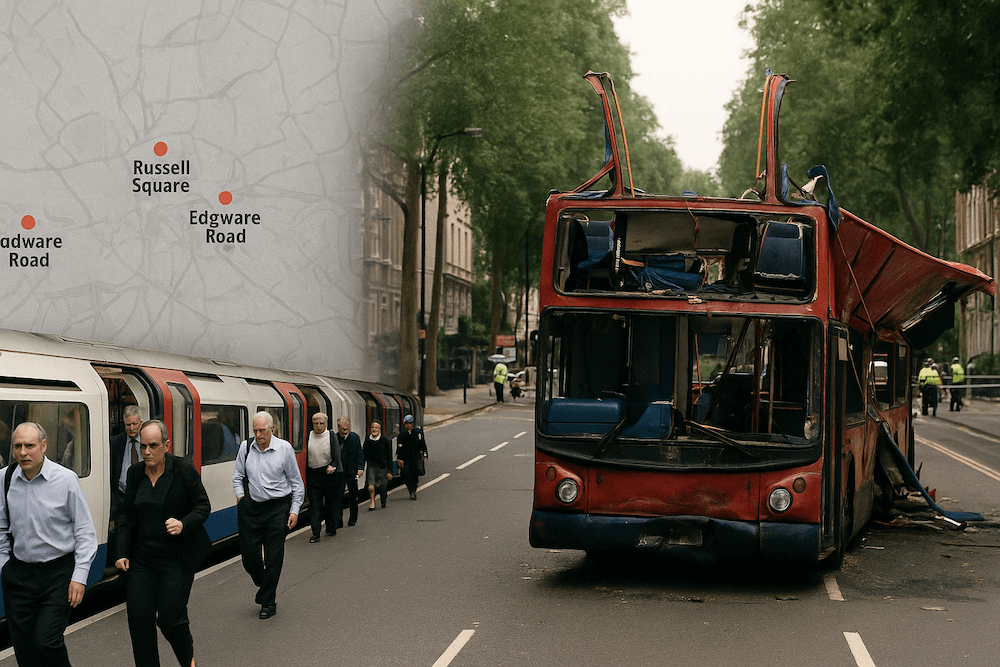
Posted July 07, 2025
By Sean Ring
The Day London Bled
It was a Thursday. A warm, muggy London morning.
July 7th, 2005.
Twenty years ago today, four young British Muslim men boarded the Tube, London’s subway, and a red double-decker bus with one-way tickets to the afterlife… and took 52 innocent souls with them. Over 700 people were injured.
It was London’s deadliest ever terror attack, right in the heart of the capital — on the Piccadilly Line near Russell Square, the Circle Line near both Aldgate and Edgware Road stations, and a double-decker bus near Tavistock Square.
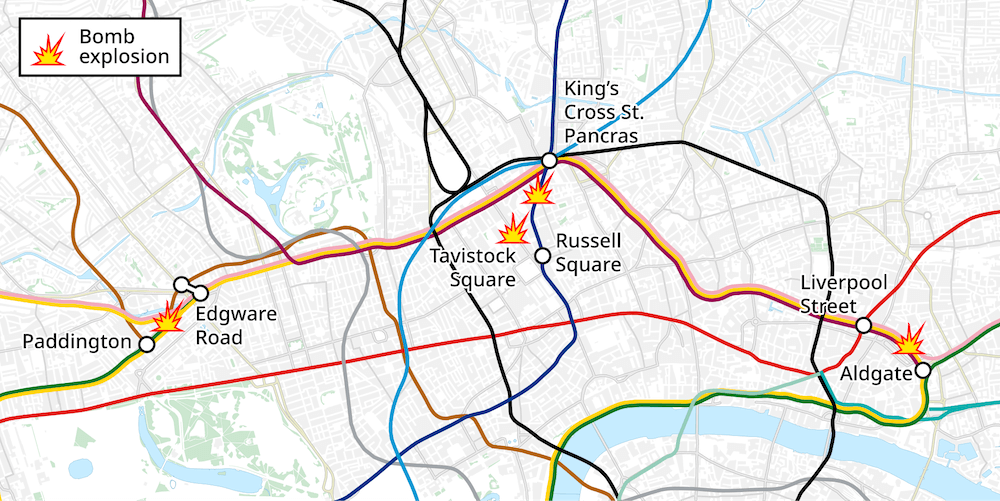
By Isochrone - Own work using: OS VectorMap District data. Evidence submitted to the Inquest, CC BY-SA 4.0, https://commons.wikimedia.org/w/index.php?curid=169358091
Back then, the UK was still riding high on the post-9/11 “shoulder-to-shoulder” alliance with the United States. Blair’s Britain had joined Dubya’s “War on Terror,” and British troops were killing and dying in Iraq and Afghanistan. But unlike the steady drip of casualties overseas, 7/7 was local, visible, and horrifyingly intimate.
I know. I was there.
On The Day
I had already been at work for a few hours in Canary Wharf, in the East End of London, as I arrived by 06:30 every morning. The subway bombs had gone off within a minute of each other at about 08:49.
After the initial panic and subsequent calm, the fourth bomb ripped the roof off a double-decker bus 58 minutes after the tube attacks. The panic set in, as no one knew if any more bombs were lying in wait for the city.
Since public transportation was closed, we were let out of work early, even though the London Stock Exchange remained open (with circuit breakers in place).
I had an 8-mile walk home ahead of me.
My late, great friend, Malcolm, and I started the walk towards his flat in Clerkenwell (in the center of London). I stopped in his flat, where his girlfriend made us a delicious lunch. I still remember that day was the first time I’d ever had an oil and lemon salad instead of vinegar and oil. I loved it. To this day, I regularly alternate between lemon and vinegar on my salads.
After lunch, I continued my walk home to St. John’s Wood, in the northwest part of London. Aussie Trav, a banker at Morgan Stanley at the time who lived nearby, suggested we go for some pints. We sat at the Salt House pub off the Abbey Road (yes, that Abbey Road). There, I spoke to my cousin Corey in New Jersey on my mobile phone. “You’re the only person I know who’d go to a pub after a terrorist attack!” he said to me. I told him that Brits were used to this sort of thing and this is how they dealt with it.
The pubs were packed that evening. Really.
“Homegrown Terror”
The official line was that 7/7 was an act of “homegrown terrorism.” That phrase got repeated ad nauseam — as if to say, “Look, this wasn’t about immigration or foreign policy. These lads were ours.”
Yes, Mohammad Sidique Khan, Shehzad Tanweer, Hasib Hussain, and Germaine Lindsay were born and raised in the UK. They spoke with northern accents. They liked football. One taught disabled kids.
And yet, they blew themselves to pieces in crowded rush hour commutes, turning human beings into pulp and fire.
So what happened?
The political class blamed "extremism" — a word that manages to sound both sinister and vague. MI5 blamed intelligence gaps. Civil liberties types blamed anti-Muslim sentiment. Everyone danced around the elephant in the room:
These men were motivated by ideology. And no, it wasn’t just “radical Islam.” It was also resentment.
The UK Jumped to the US’s Defense, Then Acted Surprised
Mohammad Sidique Khan left behind a video message — not unlike those produced by suicide bombers in Iraq. In it, he calmly explained that he and his comrades were "at war" with the West. His rationale was predictable: Iraq. Afghanistan. The killing of Muslims abroad by governments whose citizens seemed willfully blind or complicit.
His was the voice of a man who believed he was fighting back.
I remember on September 11, 2001, when UK Prime Minister Tony Blair pledged to stand “shoulder-to-shoulder” with America. As a recent UK resident, it felt great.
But years later, I wondered about the wisdom of importing a sizeable Muslim population and then bombing their ancestral homelands just to stay on the right side of American foreign policy.
Of course, we must utterly reject that killing commuters is justified by anything, let alone a questionable foreign policy. But we must also acknowledge that this wasn’t random violence.
In the terrorists’ minds, it was retaliatory. Is that delusional? Sure. Is it misguided? Absolutely. But is it disconnected from geopolitics? No.
Luckily, more and more people today, the world over, are willing to say: “Maybe sending young men to fight an illegal war based on lies about WMDs had consequences.”
Blair’s Legacy: Blood, Bus Bombs, and Gaslighting
Speaking of lies, 7/7 was Blair’s very own blowback.
Remember, this is the man who told Parliament that Saddam Hussein could deploy chemical weapons in 45 minutes. (And before that, this bastard embarrassed Bill Clinton into bombing Serbia, arguably giving America a taste for battle that set the stage for Iraq and Afghanistan.) Blair sat shoulder to shoulder with Bush while flattening Fallujah. And when British intelligence tried to walk back the flimsy Iraq dossier, Blair’s crew spun it harder than an out-of-whack washing machine.
After 7/7, Blair told the public that the bombings had nothing to do with Iraq. “They will always use Iraq as an excuse,” he said, as if four suicide bombers woke up one morning and decided to murder for sport.
He even tried to pass anti-terror laws that included 90-day detentions without charge—ninety days — more than Stalin's show trials required.
Incredibly, he’s still at it. Just last year, Sir Tony was out there telling the world that the real danger is "ideological Islamism" and not anything the West has done in Muslim-majority countries over the last hundred years.
Sure, matey. That’s why the terrorists bombed London after the UK helped invade Iraq.
Britain’s Quiet Civil War
7/7 didn’t unite Britain. It divided it in ways polite society is only to acknowledge.
Yes, for a week or two, there were candles and posters and sing-alongs and stiff-upper-lip vows not to let the terrorists “win.” Londoners kept calm and carried on, as they always do.
But under the surface, the UK’s fragile multicultural consensus began to crack. We’re finally seeing the fruits of this cracking today, and it’s not pretty.
At the same time, actual security agencies were so fearful of appearing racist that they often ignored serious leads, like they did with the Manchester Arena bomber in 2017 and the horrific grooming gangs over the last 20 years in Yorkshire.
20 Years On: What Did the UK Learn?
The short answer: not enough.
7/7 should have prompted a national reckoning — not just about terrorism, but about the costs of empire, the blowback of war, and the illusions of a borderless society.
Instead, it gave us more security cameras, increased intelligence budgets, and more empty rhetoric such as “diversity is our strength.” (With over 942,500 security cameras, London may be the most surveilled city in the Western world.)
The attackers were homegrown. But so were the mistakes that made their radicalization possible — from Iraq to immigration to institutional cowardice.
Today, London still plays host to the same fault lines: Ethnic enclaves. Cultural taboos. A dangerous political correctness that borders on parody. And leaders who, if another 7/7 happened tomorrow, would still insist it had nothing to do with anything His Majesty’s Government did.
Wrap Up
The victims of 7/7 were ordinary people. Office workers. Students. Tourists. Fathers. Daughters. Commuters, packed like sardines, on a perfectly average Thursday morning.
They were murdered not because of who they were, but because of where they were — caught between Western governments that lied us into war, and fanatics who turned faith into a death cult.
To honor their memory, we need more than thoughts and prayers.
We need to avoid making the same mistake again.
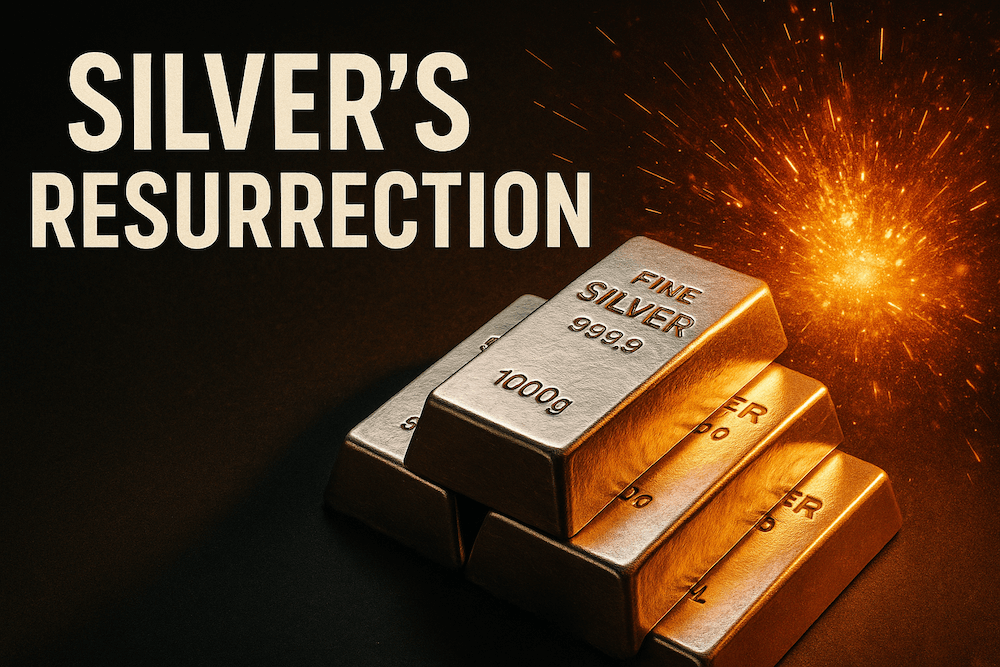
The Devil’s Metal Rises!
Posted July 11, 2025
By Sean Ring
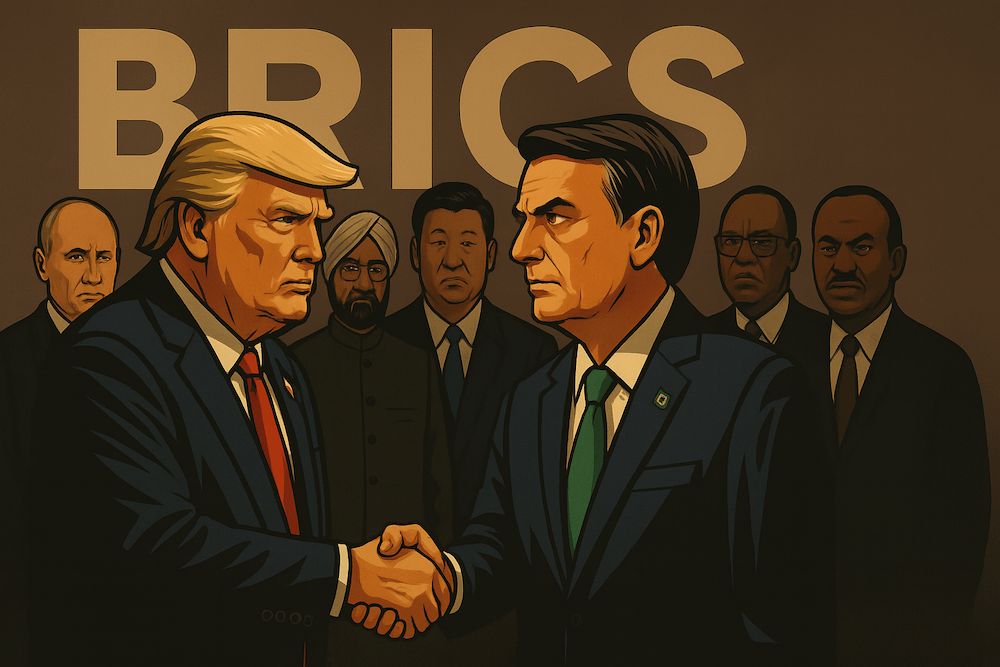
Brazil Pays for Prosecuting Trump’s Buddy
Posted July 10, 2025
By Sean Ring
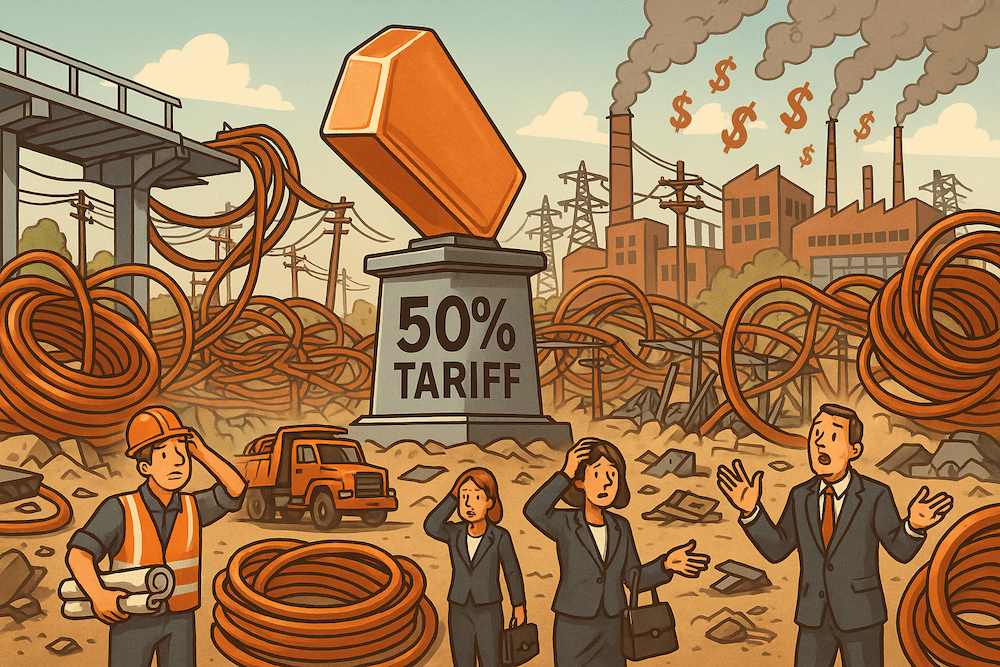
Trump’s Copper Craziness
Posted July 09, 2025
By Sean Ring

Born in the USA!
Posted July 04, 2025
By Sean Ring

Trump’s Big Bloated Budget Boondoggle
Posted July 03, 2025
By Sean Ring

